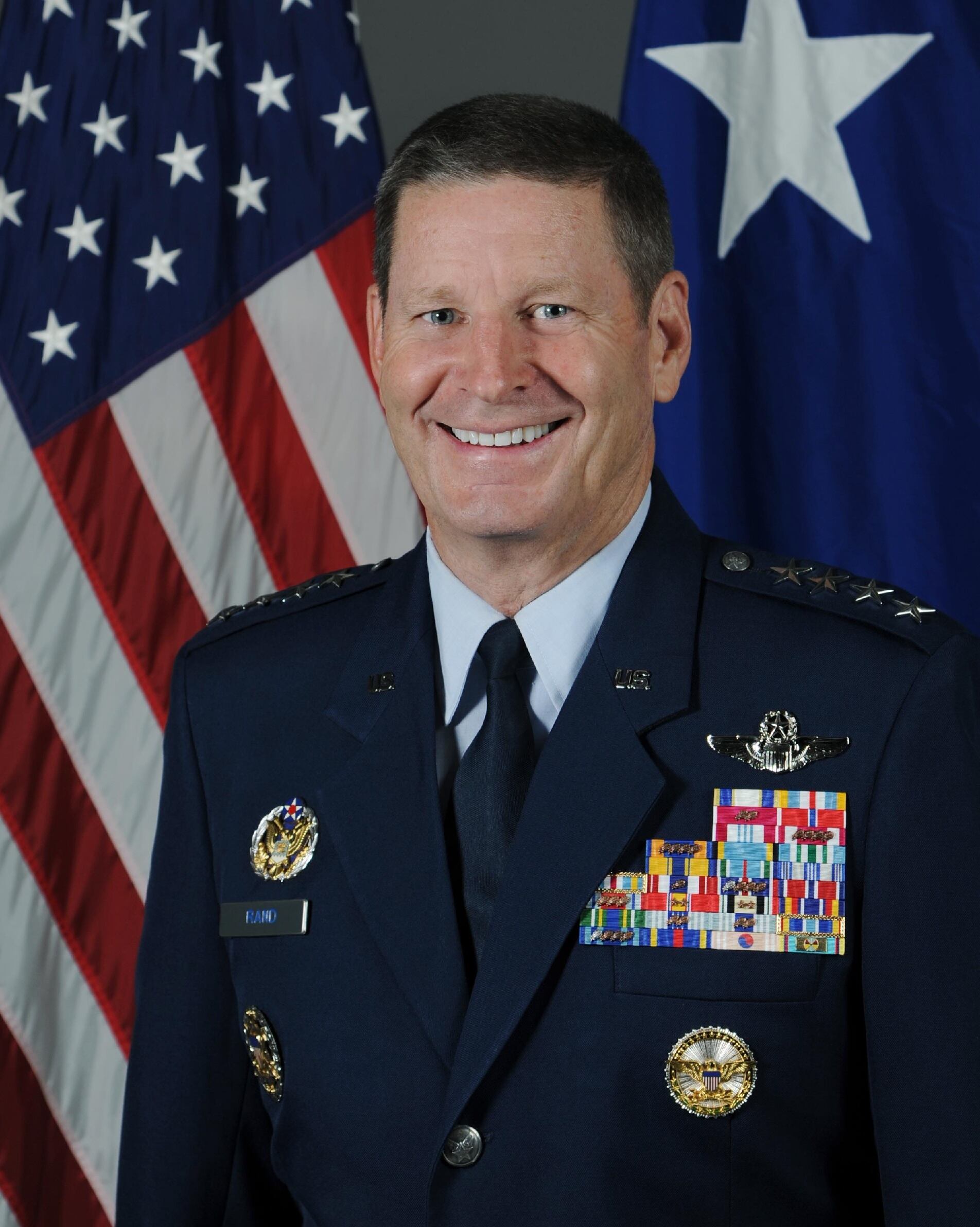More than a dozen airman who provide security for a nuclear missile base in Wyoming are under investigation for "illegal drug activity," defense officials said.
It's the latest scandal to hit the Air Force's Intercontinental Ballistic Missile community, where morale and misconduct have been a top concern for Pentagon officials for several years.
The Air Force is investigating 14 junior enlisted airman from the 90th Security Forces Group Squadron, at F.E. Warren Air Base outside Cheyenne, Wyoming, officials said. About one-third of the Minuteman 3 force of 450 intercontinental ballistic missiles are operated by the 90th Missile Wing.
The squadron provides security for the base as well as the launch control facilities and underground missile silos spread across the sparsely populated region. In February, Deputy Defense Secretary Robert Work visited F.E. Warren and the squadron provided a demonstration of the techniques and equipment they would use to recapture a missile silo that had been taken over by intruders.
Those 14 airman, ranging from E-2 to E-4, have been suspended from their duties while their cases are being investigated.
"It came to light because one airman who had suspicion of drug activity by another reported that to his chain of command," said Gen. Robin Rand, commander of Air Force Global Strike Command.
The allegations were "credible" and involved drug activity by airman during off-duty hours, Rand said Friday in a telephone briefing with reporters.
Rand declined to specify the nature of the "illegal drug activity." The Associated Press reported that the airman were accused of using cocaine.
The misconduct comes after repeated efforts to improve the morale among the land-based ICBM force. That followed a spate of scandals in 2014 when dozens of nuclear launch officers who operate the ICBMs were disciplined earlier this year for misconduct that included drug use and cheating.
The misconduct highlighted how the ICBM force at large was suffering from low morale, disciplinary problems, lack of resources, training lapses and leadership failures. Many officials attributed that to its lack of prestige and a mission that felt like a low priority in the post-Cold-War era.
In 2014, the Pentagon approved new, generous bonuses for the nuclear force, including security personnel, of up to $300 a month, making them among the highest paid across the military.
In a broader effort to improve morale, the Air Force also provided the nuclear force officers with new vehicles, deep-cleaned their launch control facilities, and adjusted their schedules to improve their quality of life.
In 2014, an investigation into drug use at Malmstrom Air Force Base in Montanta mushroomed into a wider scandal involving widespread cheating on proficiency tests.
That investigation ultimately target about 100 officers accused of cheating. Among them, 79 officers were disciplined, including 15 who faced involuntary discharge procedures.
In January 2015, Air Force 2nd Lt. Nicole Dalmazzi was sentenced to one month confinement after pleading guilty using ecstasy.
A missileer with the 12th Missile Squadron at Malmstrom, Dalmazzi was initially accused of obstruction of justice but that charged was dropped as part of her plea deal.
Rand on Friday would not comment on how this new drug investigation reflects upon the command's broader problems in recent years.
"I would like for the purposes of today to keep those cases separate," Rand said when asked about the investigations in 2014.

Gen. Robin Rand, commander of Air Force Global Strike Command, said the alleged drug use "came to light because one airman who had suspicion of drug activity by another reported that to his chain of command."
Photo Credit: Air Force
"We have been in an on-going force improvement program for the past two years to address some very important issues that existed across the command. I am not going to tie these two together," he said.
Rand said he has not called for any new drug tests for his nuclear force. "I will wait for the investigation to give me more facts surrounding this circumstance before I go down the road of doing a command wide urinalysis," Rand said.
The leadership of the ICBM community has also come under scrutiny recently. The prior commander of 20th Air Force, Lt. Gen. Jack Weinstein, was accused of fostering a "hostile work environment" but an inspector general's probe later cleared him of any wrong doing. Weinstein was promoted last year to a top Pentagon job with the nuclear force as the Air Force's deputy chief of staff for strategic deterrence and nuclear integration.
The nuclear force was a top concern for former Defense Secretary Chuck Hagel has paid special attention to the nuclear force during his two-year tenure.
The high-level advocacy for the nuclear mission reflects concerns that morale was suffering and the Air Force was not drawing the best and brightest into the nuclear-related career fields because those jobs lack prestige and offer limited opportunities for promotion.
Once considered among the top jobs in the military, the nuclear force was marginalized to some extent during the past couple of decades.
After the Cold War ended, the sense of urgency about the nuclear missions faded. And in the post-9/11 era of wars in Iraq and Afghanistan, the Air Force focused on shorter-range tactical aircraft that could provide close-air support for ground troops.
Andrew Tilghman is the executive editor for Military Times. He is a former Military Times Pentagon reporter and served as a Middle East correspondent for the Stars and Stripes. Before covering the military, he worked as a reporter for the Houston Chronicle in Texas, the Albany Times Union in New York and The Associated Press in Milwaukee.




